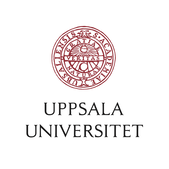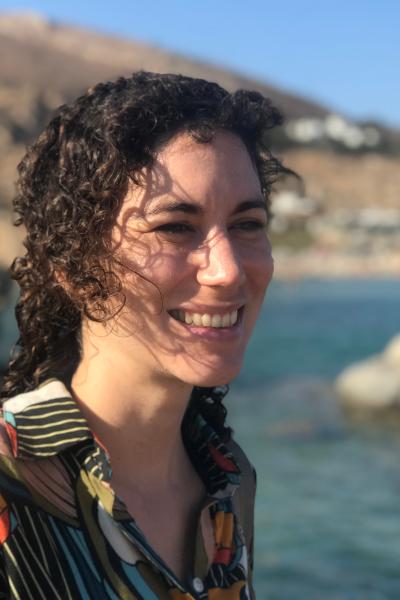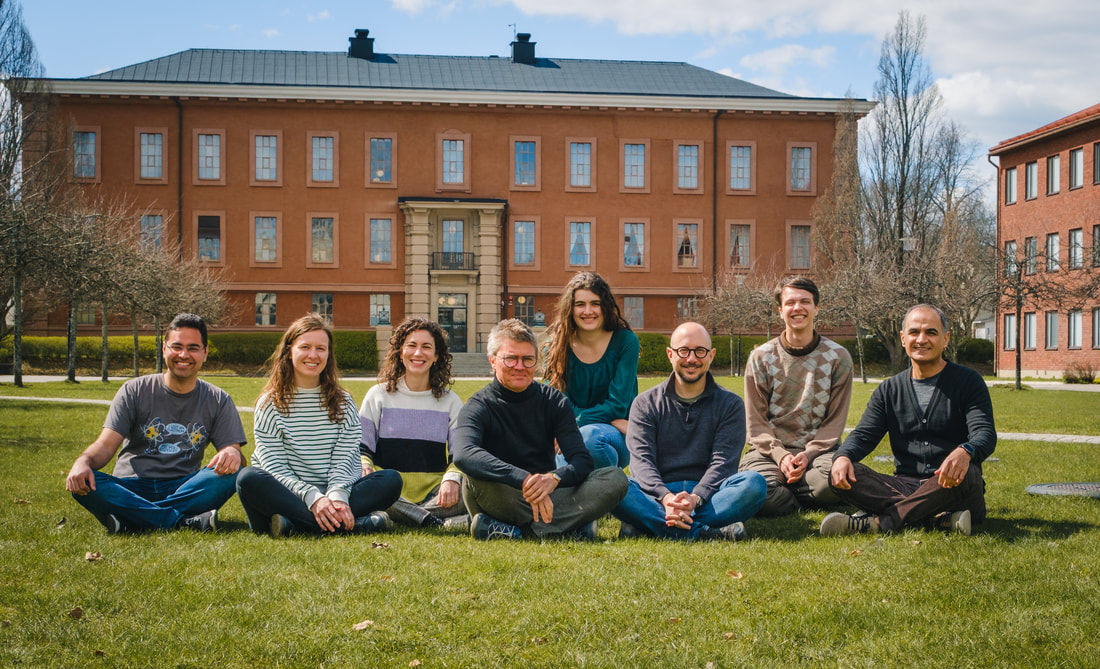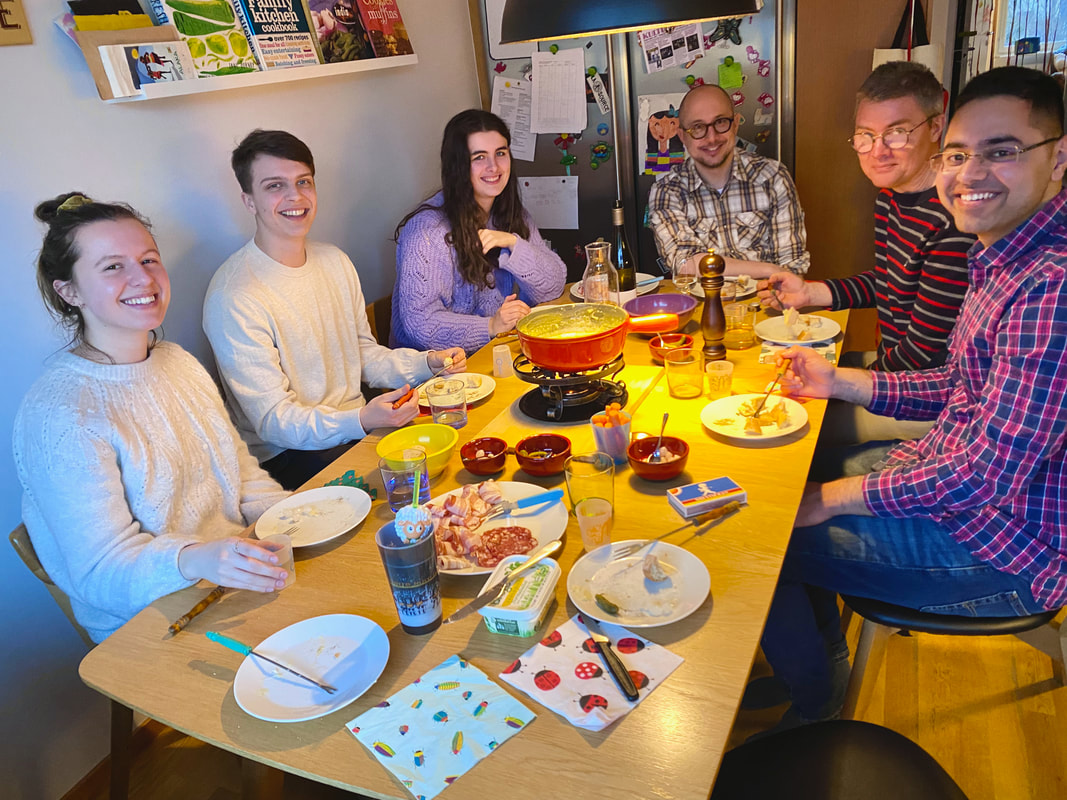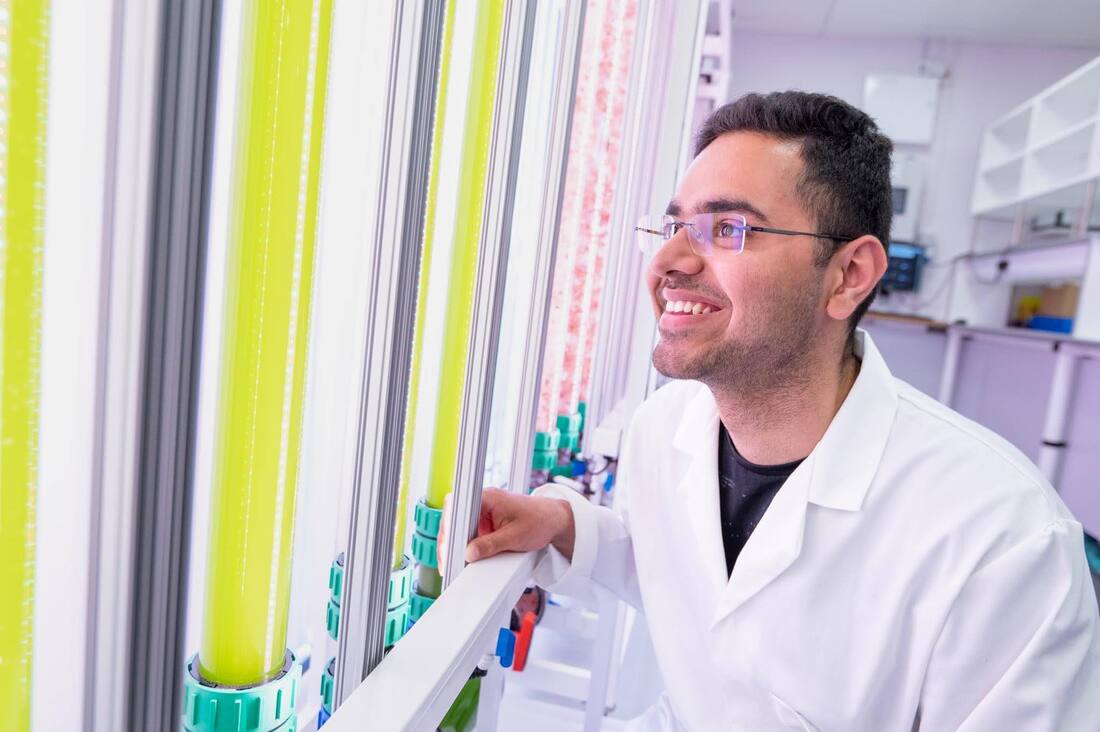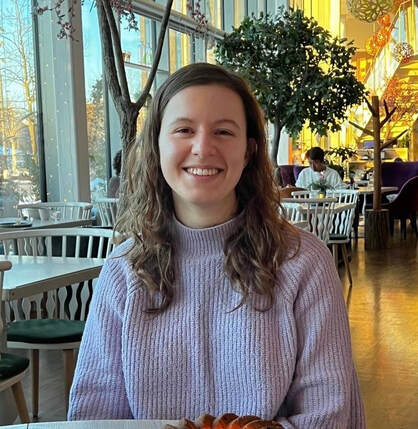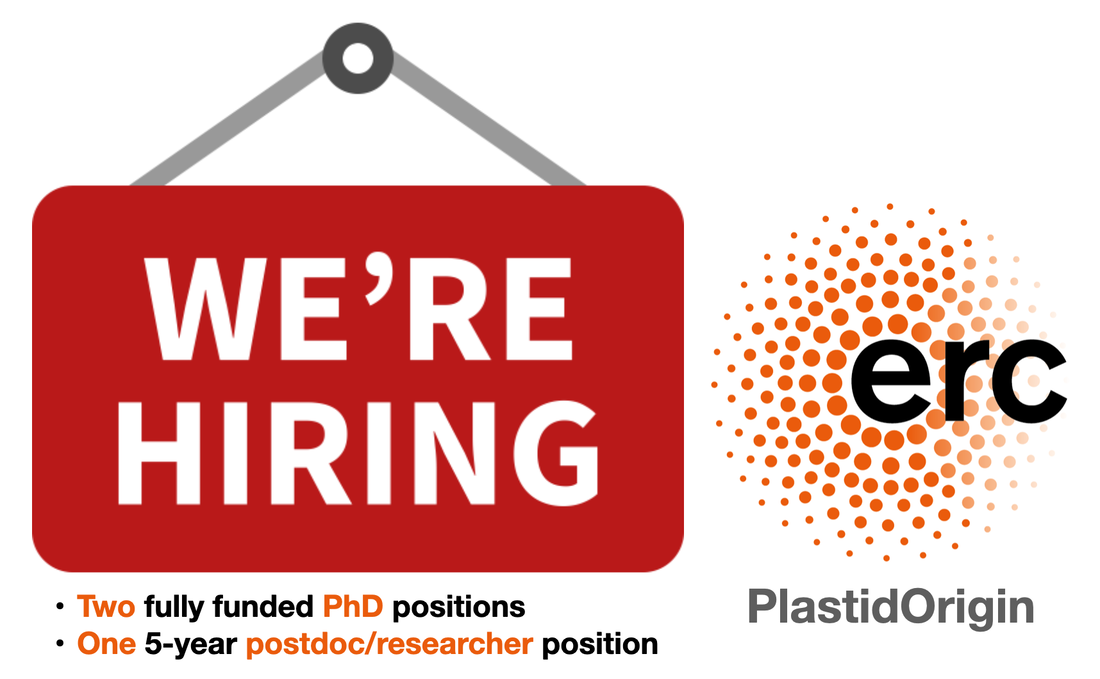|
Last week we welcomed Débora to the group. Débora will develop spatial proteomics of red algae (with LOPIT), an exciting method and indeed we are very excited for this project to start.
We are very excited to welcome Yash to the lab for his PhD project. Supported by Fabien's ERC Consolidator grant PlastidOrigin, Yash's project will involved digging out heterotrophic paulinellid amoebae from hiding to better understand how this group acquired a photosynthetic organelle. Watch out Paulinella, we are coming!
Welcome Nina! We are excited to work together to unravel the mysteries of novel, maybe heterotrophic, archaeplastid groups.
To complete the ERC project PlastidOrigin dream team, we are now looking for a field-oriented postdoc with expertise in sampling, microscopy, and culturing of protists. Please consider applying especially if the question of the origin of primary plastids is of interest to you!
More info and how to apply here: www.uu.se/en/about-uu/join-us/details/?positionId=559238 In collaboration with the lab of Lars Behrendt, we are hiring a 2-year postdoc to work on developing a method to targeted cell-sorting and genomics of microbes. More information and how to apply here.
Our lab is currently recruiting for an ERC Consolidator project on the origin of plastids in eukaryotes:
We are very excited for the publication of our habitat transition analysis to now be published in its final format in Nature Ecology and Evolution. The paper, which represent a major chunk of Mahwash's PhD, is available in full OA here. We used our approach of long-read metabarcoding (nearly 17K eukaryotic OTUs spanning the 18S-28S are presented) to reconstruct a phylogeny of eukaryotic diversity, and map onto it habitat transitions from marine to non-marine environments and vice versa (crossing the salt barrier). We also did ancestral state reconstruction to infer the habitat origin of the major eukaryotic groups. We show that species have successfully crossed the salt barrier more often that classically assumed, which likely was an important contributor to the diversification of life into what we can observe today.
We recently welcomed two new members in the lab:
But stay tuned for new openings: we will be recruiting two PhD students and two postdocs after the summer. |
